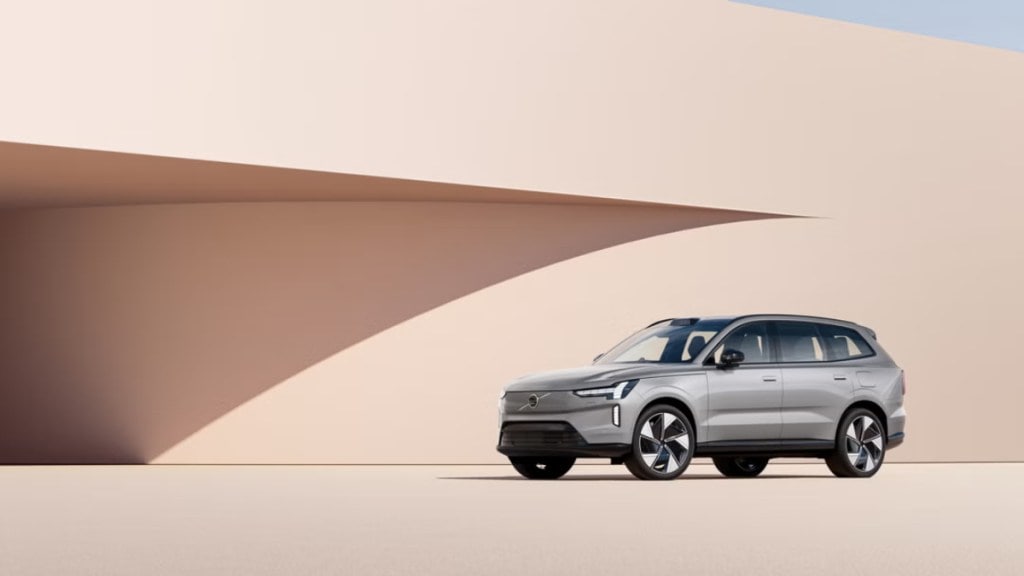The new set of tariffs introduced by US President Donald Trump has already started to take toll on OEMs. In the latest development, Volvo has announced that production at its manufacturing facility in Ridgeville, South Carolina, has been temporarily halted. The carmaker says the reason for stoppage in production is due to shortage of parts.
However, the company says that it has already resolved the issue of part shortage by Friday afternoon. Volvo is already going through a rough patch for some time. Last week, the Sweden-based automaker, which is majority-owned by China’s Geely, announced 3,000 job cuts, mostly white-collar workers, amid a slowdown in demand.
Volvo US production stopped: Why?
According to a report by South Carolina Daily Gazette, the brief shutdown was announced on Thursday but production is set to resume by Saturday. This brief stoppage in production underscores the increasing supply chain challenges automakers across the country are facing due to President Donald Trump’s inconsistent tariff policies. The report doesn’t mention exactly which components are in short supply.
Volvo currently produces only one model in the USA which is its flagship EV — EX90. The electric SUV is exclusively built at Volvo’s $1.2 billion plant in Ridgeville. While the vehicle is assembled in the U.S., its parts come from around the globe. According to information mandated by the American Automotive Labeling Act, between 20% and 25% of EX90 parts are manufactured in the U.S. or Canada, while Mexico and China each contribute 30%, and the car’s transmission is made in Sweden.
The shutdown followed Volvo’s announcement of layoffs impacting about 5% of the plant’s workforce—approximately 125 employees—as well as a global reduction of 3,000 jobs, primarily at the company’s headquarters in Sweden. These cuts are part of Volvo’s broader effort to trim nearly $2 billion in costs amid trade disruptions caused by ongoing tariffs.
The United States of America is Volvo’s second largest car market at 16% share, just behind China which has a global share of 20%. Further, there are reports of a proposed 2027 U.S. ban on automakers that are controlled by a Chinese entity which could impact Volvo’s future in the country. For the uninitiated, Trump has implemented 30% tariffs on all Chinese imports and 25% duties on foreign auto parts, including those that fail to meet the requirements of the 2020 U.S.-Mexico-Canada free trade agreement.
